Keywords: Royal Commission
There are more than 200 results, only the first 200 are displayed here.
-

PODCAST
The Royal Commission into Institutional Responses to Child Sexual Abuse has concluded. What lies ahead now for the Catholic Church? Francis Sullivan, CEO of the Truth Justice and Healing Council, talks about what the process has been like, and the unease among ordinary Catholics that church leaders still don't get it.
READ MORE
-
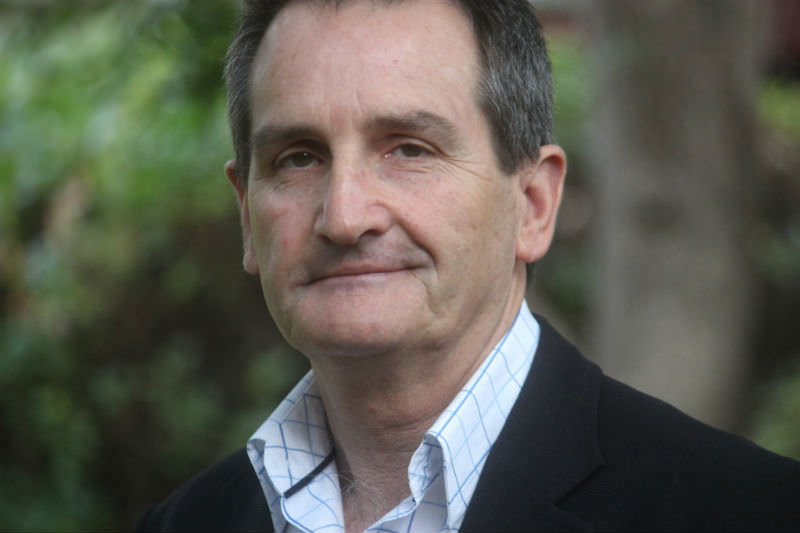
RELIGION
- Fatima Measham
- 24 January 2018
19 Comments
Fatima Measham speaks with Francis Sullivan, CEO of the Truth Justice and Healing Council, to reflect on the journey since the Royal Commission was first announced in November 2012 and to consider what are the next steps for the Church.
READ MORE 
-

AUSTRALIA
- Kate Galloway
- 09 January 2018
The inquiry into Indigenous incarceration in Australia recognises and validates widely held concerns. On the other hand, it also represents the abject failure of successive governments around the country to pay heed to what we do know about the incarceration of Aboriginal and Torres Strait Islander Australians.
READ MORE 
-
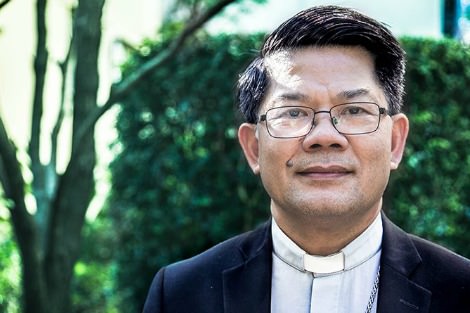
RELIGION
- Andrew Hamilton
- 08 January 2018
7 Comments
Vincent Long's testimony was notable for its directness, honesty and the awareness it displayed of the importance of church culture. Long grew up in the Vietnamese Catholic Church and was afterwards chosen to lead the Australian Church. In his responses he focused on clericalism and its role in giving license and cover to clerical abuse.
READ MORE 
-
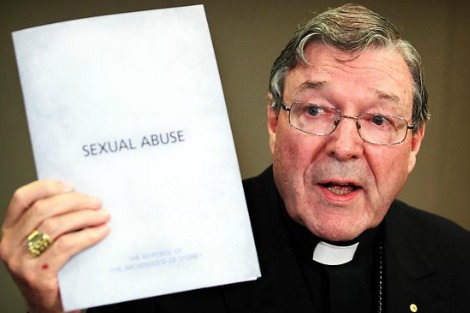
RELIGION
- Frank Brennan
- 08 January 2018
13 Comments
The statistics were horrifying. Every case represented a person who claims as a child to have been abused by a person of authority in a Catholic institution. Whichever way the statistics are interpreted in comparison with other institutions, they are appalling. We need to hold the victims clearly in focus.
READ MORE 
-
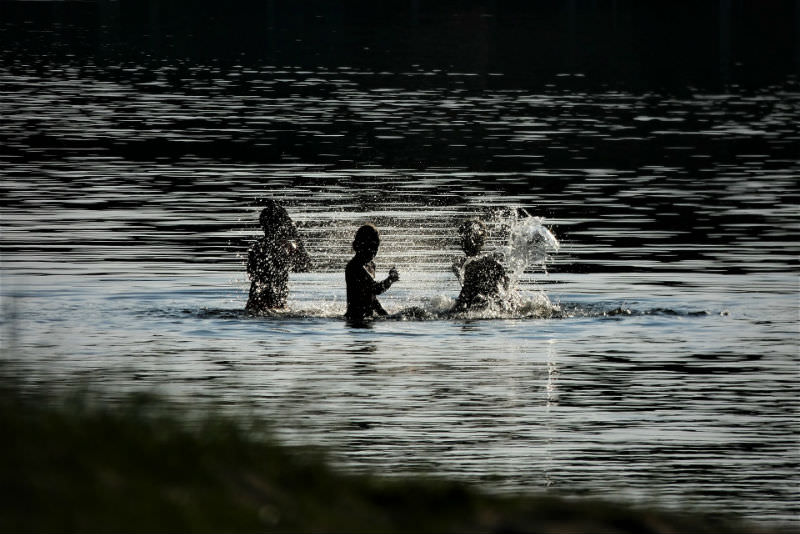
RELIGION
- Moira Rayner
- 08 January 2018
2 Comments
This royal commission has changed the public response of religious institutions, not their culture. Nor has it altered the culture at the political pointy ends of state, territory or national government. The cause of the misuse of power over children was our refusal to take a child's world view as seriously as our own adult priorities.
READ MORE 
-
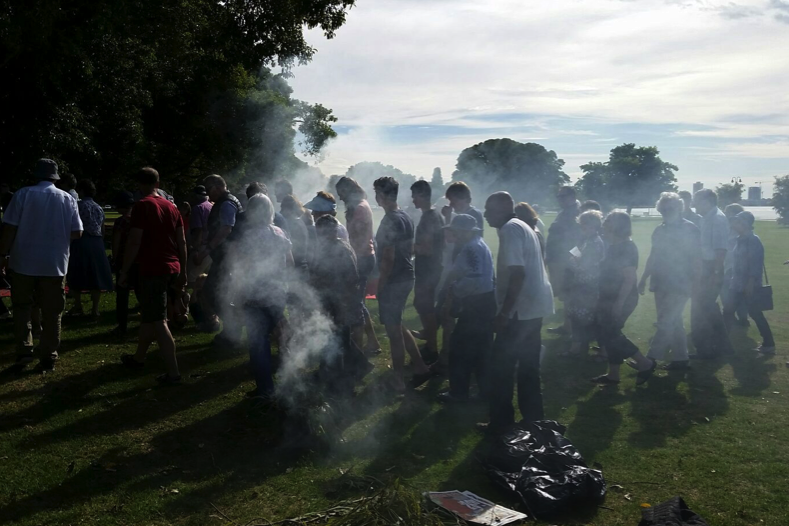
RELIGION
- Helena Kadmos
- 19 December 2017
24 Comments
A small group of lay Christians in Perth, including myself, were so worried that our institutions might not wholeheartedly embrace the recommendations of the Royal Commission into Institutional Responses to Child Abuse that we decided not to wait to find out.
READ MORE 
-
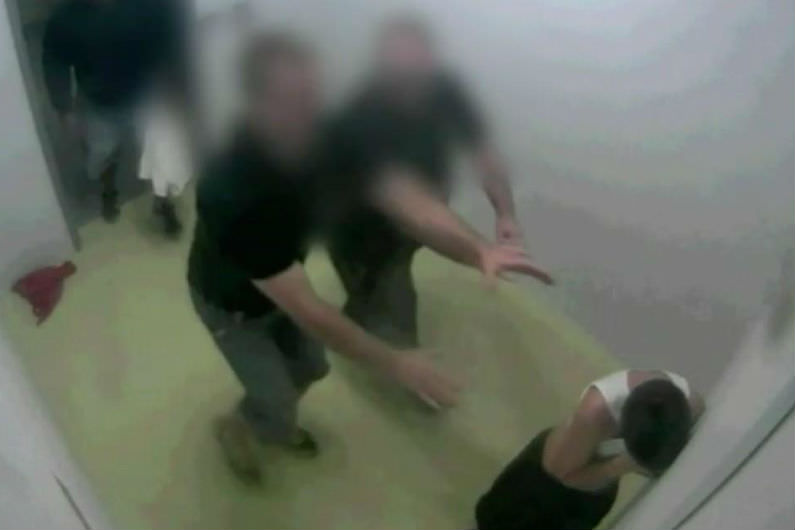
AUSTRALIA
- Andrew Hamilton
- 13 December 2017
3 Comments
We may feel momentary relief that a dangerous little villain is being dealt with. But the cost of imprisonment is heavy: a malleable child whose path might have changed is stunted in their development and sent to a preparatory school likely to graduate to a lifetime in adult prisons.
READ MORE 
-

RELIGION
- Bill Uren
- 07 December 2017
34 Comments
I suspect the royal commission will recommend the seal of confession should no longer remain absolute. I also know that all priests of my acquaintance will rather go to jail than violate the seal. I cannot then see that such a move will be anything but unproductive. Perpetrators will be less likely to go to confession and priests will go to jail.
READ MORE 
-

RELIGION
- Moira Rayner
- 07 December 2017
40 Comments
This royal commission has changed the public response of religious institutions, not their culture. Nor has it altered the culture at the political pointy ends of state, territory or national government. The cause of the misuse of power over children was our refusal to take a child's world view as seriously as our own adult priorities.
READ MORE 
-
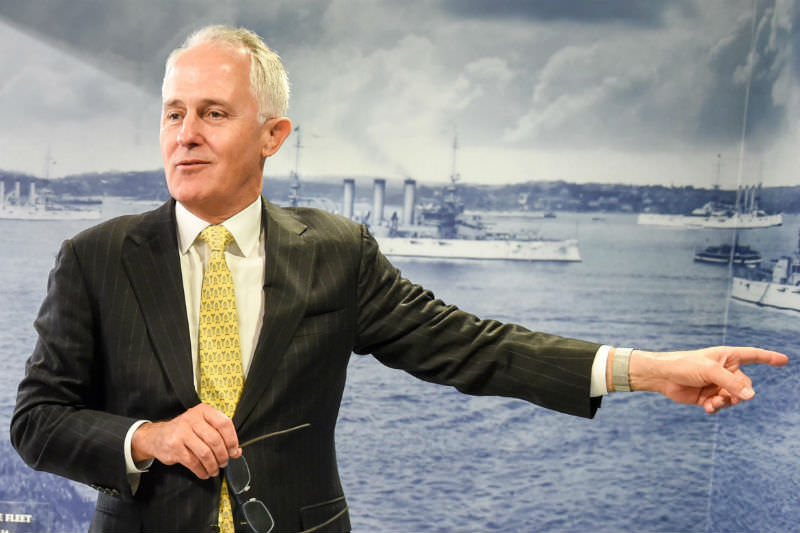
AUSTRALIA
- John Warhurst
- 05 December 2017
8 Comments
As Barnaby Joyce, standing beside the Prime Minister last Saturday night after his by-election win, proclaimed: 'Running a country is a little harder than running sheep through a gate.' Similarly, Turnbull must find running a party, much less a Coalition of parties, like herding cats.
READ MORE 
-
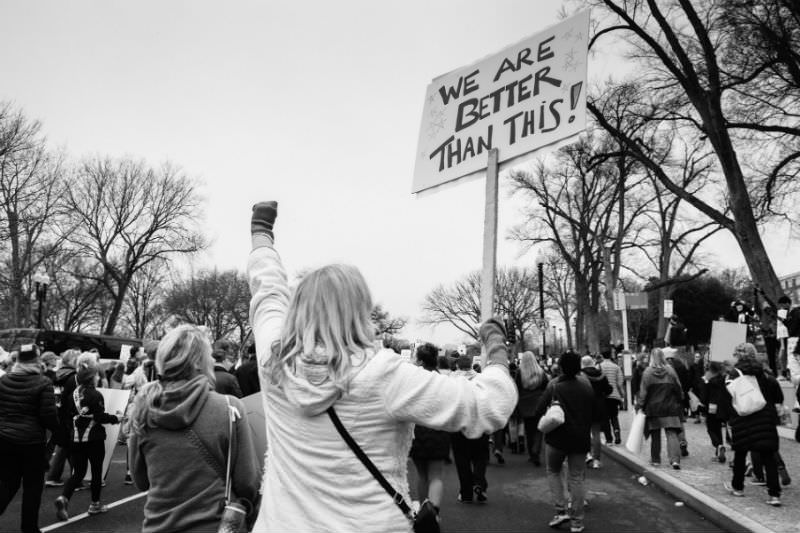
AUSTRALIA
- Marta Skrabacz
- 04 December 2017
4 Comments
There’s no reason to judge the success of a protest by whether it achieved its desired outcome: the adage ‘it’s a marathon, not a sprint’ rings true. Effective change is a matter of increment; it has to happen at every strata of society. Protests bear the brunt of proving success, when the burden for change actually exists with the system they’re opposing.
READ MORE 